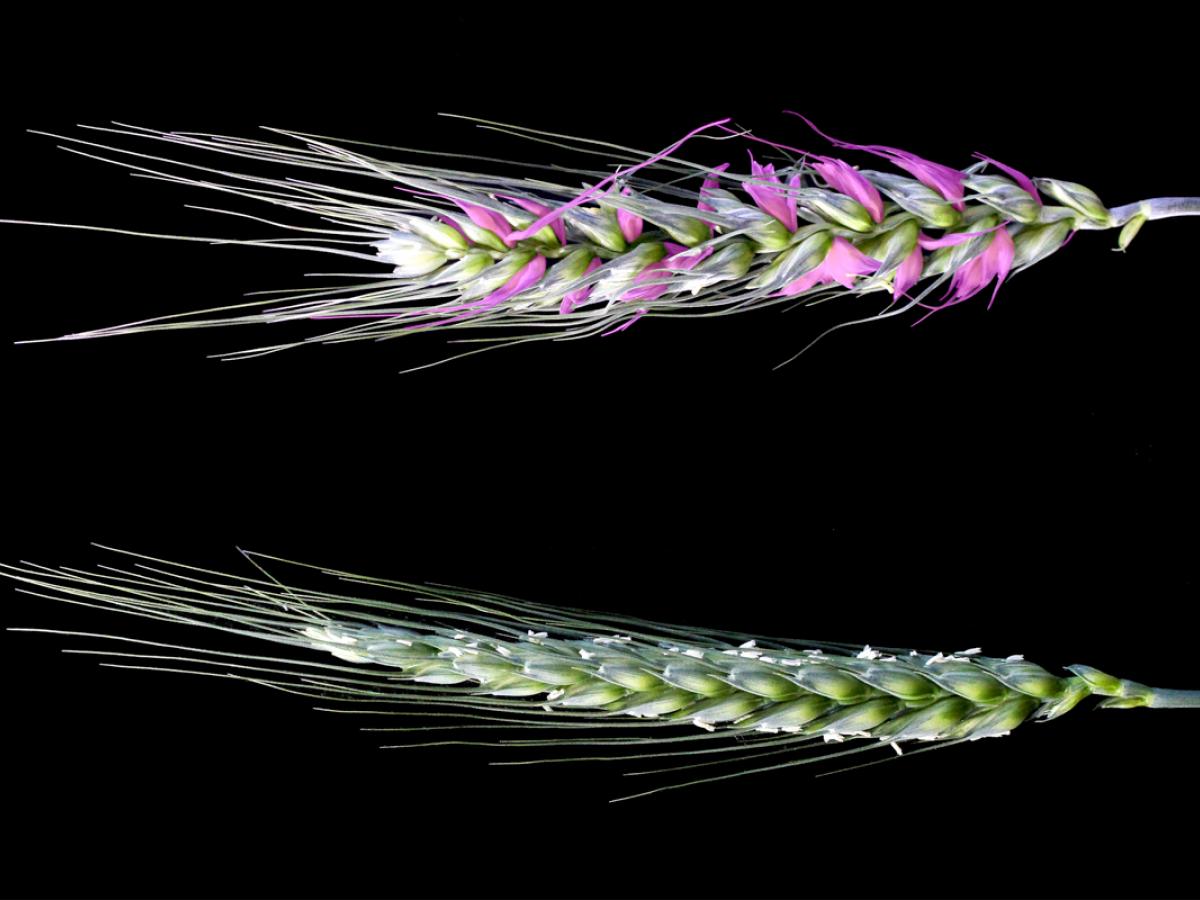
Scientists Pinpoint Gene That May Boost Wheat Yield
June 5, 2024| |
Researchers from the University of Adelaide revealed that modifications in molecular pathways controlled by a gene involved in flowering could boost yields in wheat. Their findings are discussed in the Current Biology journal.
The gene, Photoperiod-1 (Ppd-1), are regularly harnessed by breeders to make sure wheat plants flower and set grain early to avoid harsh summer conditions. However, this technique leads to fewer florets and spikelets, thus impacting yield. This concern led Dr. Scott Boden and team to a discovery that can help design genotypes with better yield.
Two transcription factors were edited, which led to the change in the number and arrangement of grain-bearing spikelets that form on a wheat ear and the timing of ear emergence. According to Dr. Bodden, when one transcription factor (ALOG1) was deleted, there was increased branching in both wheat and barley, indicating that the gene could potentially be a major regulator of unbranched spikes in the Triticeae family of crops.
The research team is conducting field tests to evaluate the performance of the gene-edited wheat lines.
Read more from the University of Adelaide Newsroom.
| |
You might also like:
- Pocket K No. 38: Biotech Wheat
- Pocket K No. 60: Rust-resistant Wheat
- Wheat (Triticum aestivum) GM Events
Biotech Updates is a weekly newsletter of ISAAA, a not-for-profit organization. It is distributed for free to over 22,000 subscribers worldwide to inform them about the key developments in biosciences, especially in biotechnology. Your support will help us in our mission to feed the world with knowledge. You can help by donating as little as $10.
-
See more articles:
-
Plant
- Tiny Fern Contains the Largest Genome on Earth
- Australia's Gene Technology Regulator Invites Comments on Field Trial of GM Wheat
- Scientists Pinpoint Gene That May Boost Wheat Yield
- Bioengineered Super Plant that Purifies Indoor Air 30x than Regular Houseplants Goes on Sale in the US
- ISAAA Inc. Highlights the Role of NGOs in Advancing Biotech in the Philippines
-
Health
- Amino Acid from Chicken Feather Helps Deliver Chemotherapy Drugs
- New Gene Editing Tool Allows Editing Without Cutting Double Helix Strands
-
Read the latest: - Biotech Updates (February 18, 2026)
- Gene Editing Supplement (January 28, 2026)
- Gene Drive Supplement (February 22, 2023)
-
Subscribe to BU: - Share
- Tweet

